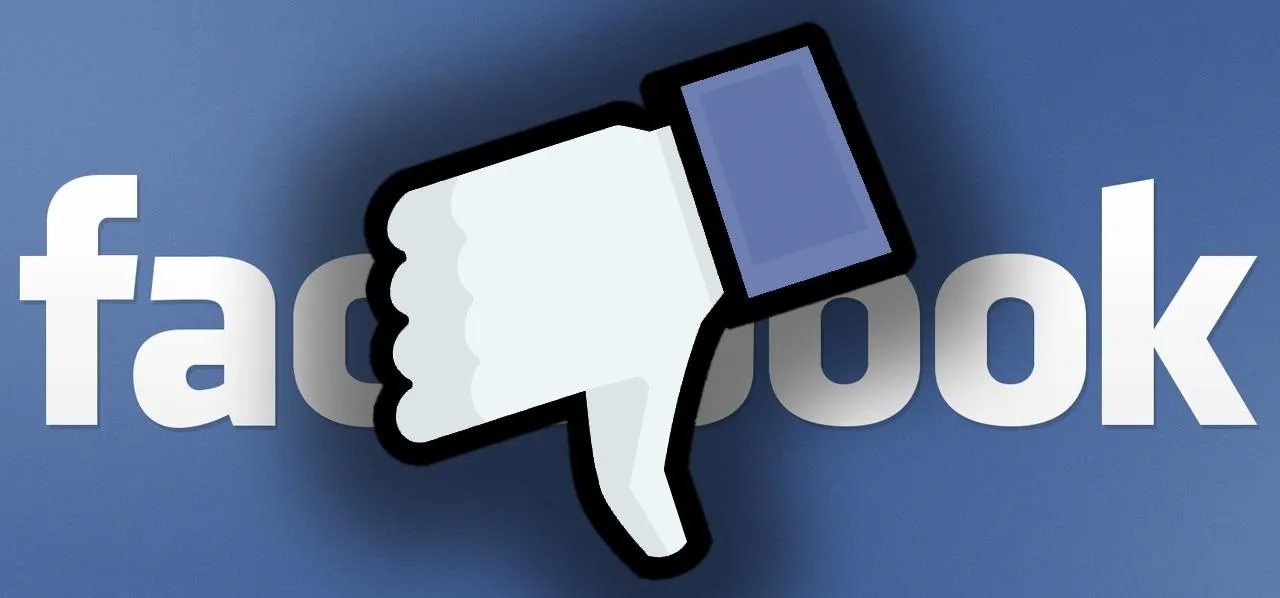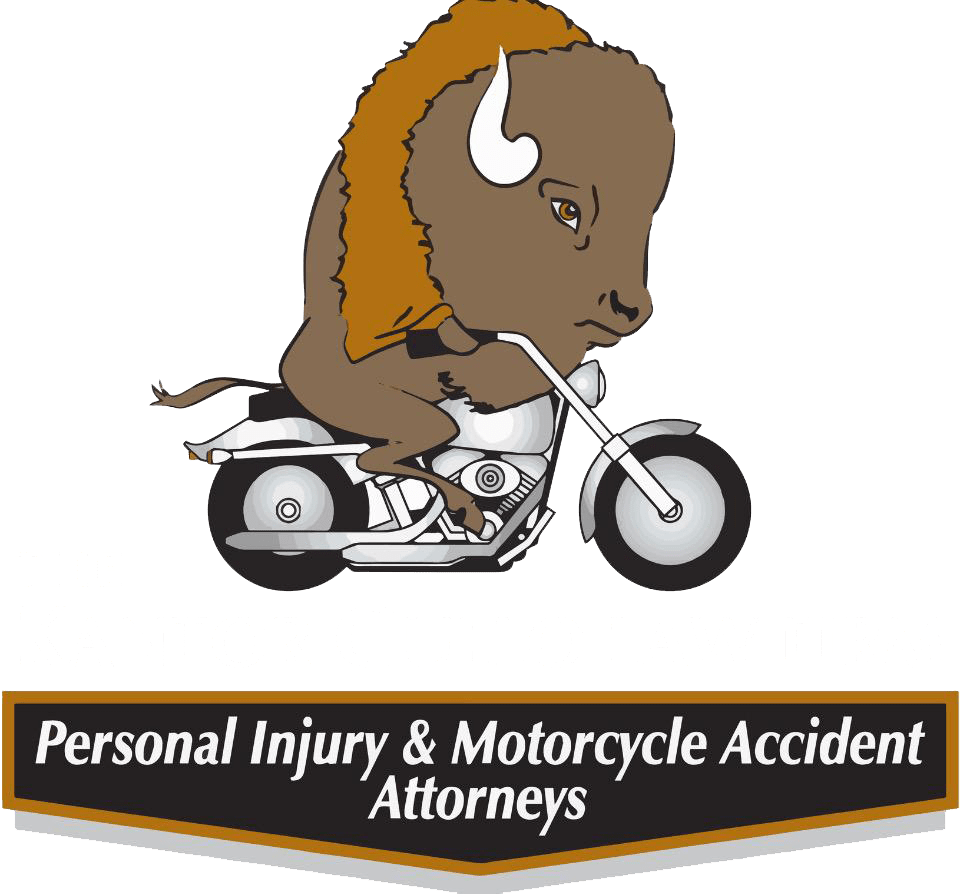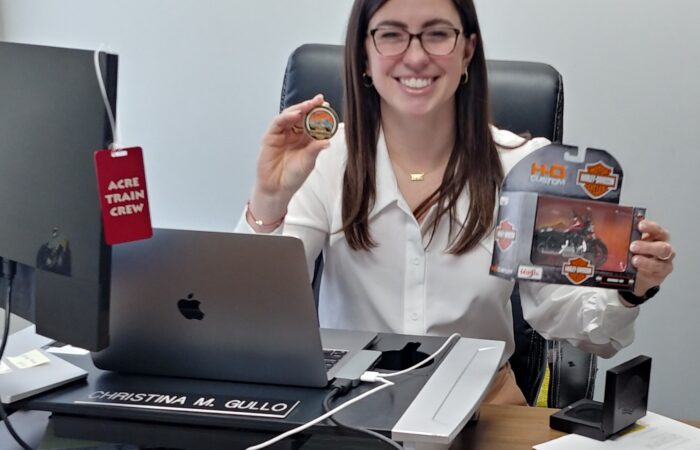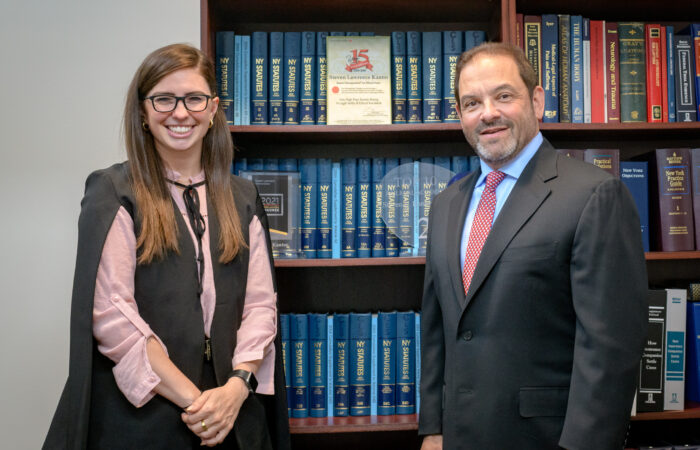By Chris Genovese, the “Marketing Guy”
When a motorcycle collision occurs, it’s very common to see information being shared about it on social media. In our area, popular Facebook accounts like the “Southtowns Scanner” keep folks informed about the whereabouts of collisions and the activities of first responders. Well-meaning motorcycle groups/clubs/organizations often share those scanner posts and ask for a “Roll Call” to make sure all of their riders are safe. The riders involved in these wrecks themselves are often compelled to post, sometimes sharing “good news” about their condition, reassuring their concerned family and friends.
We can agree that it’s always wonderful to get the good news whenever a rider that goes down is OK. And, in this scenario, everybody’s heart is “in the right place.” So, what’s the problem with posting and commenting about motorcycle wrecks on social media?

· The “quick answer” is that posting details online about a motorcycle accident can have unintended legal consequences. So we’d encourage all riders to consider the following points if you or a friend or family member ever find yourself in this situation:
1. Posts Can Be Used Against You in Legal Proceedings
One of the most important reasons to avoid social media posts after an accident is the risk of harming your legal case. Whether you’re seeking compensation for injuries, damage to your motorcycle, or pain and suffering, anything you post publicly can be used by insurance companies or opposing attorneys to weaken your claim.
Even seemingly harmless posts—like saying you’re “doing okay” or posting photos of yourself out with friends—can be misinterpreted. Insurance adjusters and defense lawyers may argue that your injuries aren’t as serious as you claim, based solely on your online activity. A post made in a moment of optimism can be used to question your credibility in court.
2. Privacy Settings Aren’t Foolproof
Many people assume that if their social media profiles are set to “private,” their posts and comments are safe from prying eyes. Unfortunately, privacy settings can often be bypassed through mutual connections or legal discovery processes. Even deleted posts or direct messages can be retrieved in some cases. Once information is online, you have limited control over how it’s accessed or shared.
3. You Might Inadvertently Admit Fault
Social media is often a “place” where people vent or express regret. After a crash, you might post something like “I should have been more careful” or “Didn’t see that car coming.” While these statements may be made out of emotion rather than fact, they can still be interpreted as admissions of fault. Any hint that you may have contributed to the cause of the collision could impact your ability to recover damages, particularly in states like New York where comparative negligence laws apply. (i.e. you can be partially responsible for the collision and still receive a proportionally adjusted settlement amount.)
4. Posts Can Be Misunderstood or Taken Out of Context
You may be shocked to learn that tone and intent don’t always translate well on social media. A sarcastic comment or a flippant comment or joke among friends might be read completely differently by someone reviewing your account for legal reasons. Even if your post was meant to lighten the mood, it could be seen as evidence that you’re not taking the accident seriously or that your injuries are exaggerated.
5. Legal and Medical Advice Should Come from Professionals
In the wake of a motorcycle accident, it’s essential to rely on trusted medical professionals and legal counsel. Social media is not the right forum for advice about what to do next. Well-meaning friends may offer opinions that could lead you to make decisions that harm your case. Worse, if you inadvertently share legal strategy or communications with your attorney, you could waive attorney-client privilege.
6. Focus on Your Recovery
Finally, healing—both physically and emotionally—takes time and focus. Social media can distract from that process and often adds unnecessary stress. The pressure to explain yourself, respond to comments, or defend your side of the story can hinder your ability to recover. It’s generally easier and therefore better in many ways to keep communication about your health and the collision private while you concentrate on getting better.
In summary, we strongly suggest that you keep the details of any potential legal case out of your social media posts and comments, whether it be your case or someone else’s. Failing to do so can have unintended, and overwhelmingly negative consequences. Instead, call the Kantor Gullo Law Firm for a free consultation with one of our lawyers, and stay focused on your recovery.







